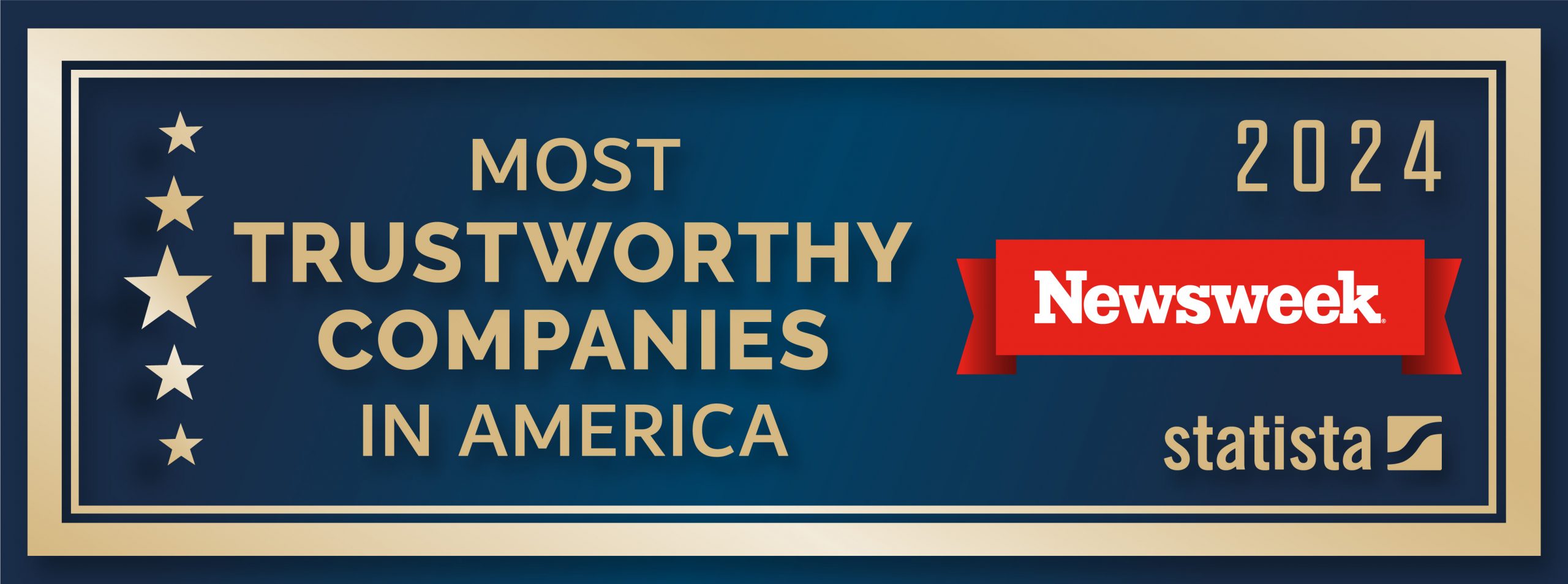Death and Dollars: Charlotte Leads The Nation When it Comes to Burial, Cremation Costs
 When Service Corp. International, the nation’s largest funeral-home chain, bought its biggest competitor in 2006, it took a commanding stake in the Charlotte market and promised to provide quality services and reasonable prices. But three years later, a new survey shows what consumer advocates at the time feared: Charlotte funeral prices have risen, making the city the most expensive in which to be buried or cremated. According to a June survey by Everest Funeral, a research company that works with consumers and life-insurance companies, average funerals in Charlotte cost $5,500, while cremations average $2,821.
When Service Corp. International, the nation’s largest funeral-home chain, bought its biggest competitor in 2006, it took a commanding stake in the Charlotte market and promised to provide quality services and reasonable prices. But three years later, a new survey shows what consumer advocates at the time feared: Charlotte funeral prices have risen, making the city the most expensive in which to be buried or cremated. According to a June survey by Everest Funeral, a research company that works with consumers and life-insurance companies, average funerals in Charlotte cost $5,500, while cremations average $2,821.
The figure for funerals is $1,600 more than the South Atlantic average and $1,500 more than the national average, according to the National Funeral Directors Association.
Some local independent funeral directors blame the high prices on Service Corp., a Houston-based company that owns more than 1,300 funeral homes nationwide, including 60 percent of the homes in Charlotte.
?It’s called controlling the market, and I hate to say that it’s working,? said Tito Truesdale, co-owner of Rosadale Funeral Parlor, an independent home on Albemarle Road in east Charlotte that competes with Service Corp.
Shawn Strickland, Service Corp.’s market manager for the Charlotte area, says he doesn’t believe the results of the survey because he thinks that funerals in big cities such as New York and Washington cost far more than in Charlotte. He said Service Corp. offers a wide range of prices but that the basic price for a funeral is determined by the cost of that home’s overhead.
?It’s such a subjective question, because it really depends on the family and what they want to see happen,? he said. ?We don’t have pricing any much different than anyone else does.?
The president of the local chapter of Funeral Consumers Alliance, a nonprofit group that works to educate consumers about funeral-service options, said Service Corp.’s hold on the Charlotte market easily makes the city the priciest for funeral services.
?I hate that Charlotte is at the top of the list, but I don’t doubt it one bit,? said Mary Brack. The Funeral Consumers Alliance doesn’t have a survey that compares funeral pricing in different cities, but Brack said she’s known for a while that Charlotte had to be one of the most expensive.
Local Service Corp. funeral-home owners offer a variety of explanations for Charlotte’s top ranking. They said cemetery costs and property taxes are rising, and that the move toward less-expensive cremations is forcing up traditional-funeral prices to maintain revenue.
Funeral pricing varies, but experts said smaller, independent companies tend to be less expensive than larger chains because they have less corporate overhead and don’t have to pay dividends to shareholders.
Price shopping
When Mamie Stowe knew she was going lose her husband, Eugene, after his two-year battle with cancer, she almost dreaded the funeral-planning process more than his passing. Stowe wanted to honor him with a church service. But she was afraid of being gouged by a funeral home that wanted to be paid upfront and paid a lot.
After Stowe called around in June for quotes that were ?ridiculous? and too expensive, a social worker helped her find T.H. Robertson, owner of a private funeral and cremation practice by the same name. Robertson is able to cut overhead costs by meeting customers in their houses instead of requiring them to come to a funeral home.
Robertson said his prices, starting at $3,295 for funerals and $1,295 for cremations, are lower than Service Corp.’s.
The average price of a Charlotte funeral with Service Corp. has risen 10.5 percent to about $6,300 from about $5,700 in 2006, another Everest survey indicates. Nationally, Service Corp. funerals cost $5,097, which is about $1,200 less than the company’s Charlotte prices, according to the company’s most recent federal earnings reports.
When Service Corp. bought Alderwoods Group Inc. in 2006, the U.S. Federal Trade Commission forced it to sell one of the five Charlotte funeral homes it had acquired. The FTC’s decision reduced Service Corp.’s share of the Charlotte-Gastonia-Monroe market to 44 percent from 62 percent and attempted to prevent the merger from raising funeral prices. But Service Corp. still owns six out of 10 Charlotte funeral homes, and prices have climbed in the years since the merger.
Nationally, Service Corp. controls only 7.8 percent of the funeral industry, with 1,302 funeral homes and 369 cemeteries. The company has its largest presence in Charlotte, owning Harry & Bryant Funeral Home, Forest Lawn West Funeral and Cremation Service, all of the McEwen Funeral Service locations and Wilson Funeral and Cremation Service.
?Charlotte is unique,? said Mark Duffey, president and chief executive of Everest. ?Usually you don’t see that level of consolidation, which is what makes (funerals) so expensive there.?
Everest is a national research company that helps clients to compare funeral prices and create a customized funeral service with the home of their choice. Consumers pay $495 for unlimited access to Everest specialists and research data or get help from the company as a life insurance benefit through their employers. The survey is based on a six-month national study that looked at basic funeral prices of homes in a 10-mile radius of each city.
Brandon Cook, manager of Service Corp.-owned Forest Lawn Funeral Home said Charlotte’s high taxes and cost of living escalate the area funeral-home prices. But that still doesn’t explain why Charlotte ranks first on the list of most expensive cities for funerals while major cities with comparable or higher costs of living rank significantly lower ? Washington is 12th, New York is 15th and Houston is 20th.
Service Corp. funeral managers also point to Charlotte’s high cremation percentage ? 30 percent of Charlotte’s deceased are cremated ? as the reason for escalating burial costs. Cremations appeal to people everywhere because they’re cheaper, said Cook, but they are particularly popular in Charlotte because of its transient population.
?If people want to be here only for a brief amount of time, they will be able to take their loved ones with them when they move,? Cook said. The shift from high-cost burials to cremations threatens revenue for the funeral industry, which can force overhead prices to go up. But that doesn’t explain why Charlotte outranks all other cities for funeral expenses because cremations have been on the rise nationwide, attributing for 37 percent of the industry.
Financially squeezed families that are going ahead with burial plans are opting for less formal services. That means cutting out limousine rides, purchasing less ornate caskets and in some cases putting off tombstone purchases, funeral industry experts say.
Antitrust accusations
Service Corp. has run into antitrust accusations before. In 2005, the Funeral Consumers Alliance filed a class-action suit against Service Corp. and other major players in the death-care industry. The suit alleged the companies conspired to overcharge customers on caskets by suppressing competition. While not dismissed, the case has not gone forward.
In 1999, Service Corp. faced charges from the New York state attorney general that the company was dominating the Jewish funeral home business there and hurting consumers by raising funeral prices. Service Corp. settled out of court, agreeing to sell three of its Jewish funeral homes and pay the state $1.2 million for the investigation.
Service Corp. also received civil-investigation demands in 2005 and 2006 from the Maryland attorney general about alleged anticompetitive practices in the funeral industry there.
Barak Richman, a professor at Duke University School of Law, said restrictions are put on monopolies because they can pose harm to market competition.
?When all services in a market are dominated by a single provider, output goes down and prices go up,? he said. ?But if a monopolist charges higher prices, that should theoretically allow other people to enter the market and provide services at a lower cost.?
Strickland said Service Corp. does not have a monopoly of the Charlotte area and has continued to meet the needs of residents during their times of grief.
?I don’t want to see you come in when you’ve had a death and have to spend a lot of money,? he said. ?We can customize the service to fit any budget.”
By: Cameron Steele cameronsteele@charlotteobserver.com



